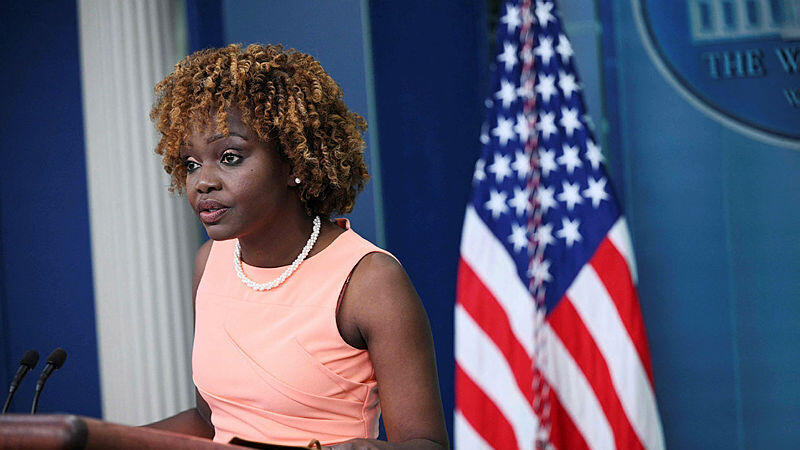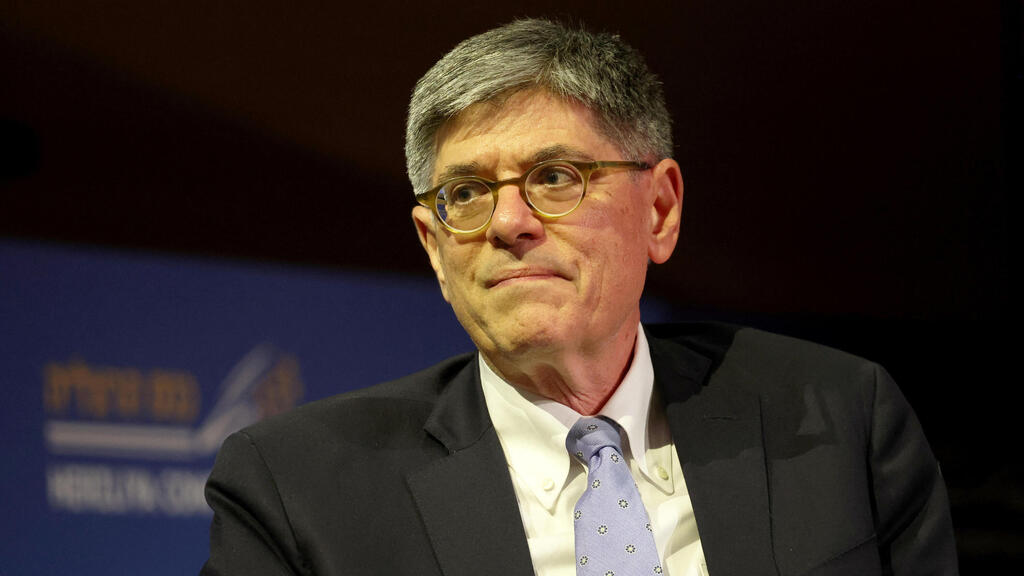Getting your Trinity Audio player ready...
Sources close to the talks to end the fighting in the north voiced their disappointment late on Thursday after Prime Minister Benjamin Netanyahu said that the fight against the Hezbollah terror group in Lebanon would continue until the objective of returning Israelis to their homes in the north safely, is met. The prime minister spoke to reporters upon landing in New York before his address to the UN General Assembly on Friday.
The sources said that the prime minister backed away from "quiet understandings" reached earlier that he would accept the international efforts to stop the fighting.
4 View gallery


Prime Minister Benjamin Netanyahu and IDF Chief of Staff LTG Herzi Halevi
(Photo: Maayan Tuaf, GPO)
The White House said the 21-day cease-fire proposal between Israel and Lebanese militant group Hezbollah, unveiled Wednesday night, was coordinated with the Israeli government, which later rejected it.
“I’m just laying out the facts and what we know, and what we want to avoid,” White House press secretary Karine Jean-Pierre said in a briefing. “We do not believe an all-out war is the answer.”
Jean-Pierre said she could not speak for the Israel side. “Israel was aware of this statement and now, what I can tell you right now, we are having continued discussions that is happening with our teams in New York... I can assure you these conversations are continuing,” she said.
Another source said that there were no clear commitments that Israel would agree to a proposed lull in the fighting but there were sufficient indications that allowed for a public statement about a pending agreement to be made. "But then Israeli politicians came out with their public reactions and the same occurred on the Lebanese side," he said.
"We did not expect these reactions from Netanyahu and the Israelis. Our understanding was that the prime minister would at least welcome the initiative. We believe diplomacy is the best way to return residents to the north compared to a dangerous war that would have a devastating effect on both peoples and on the entire region."
"It is time to conclude a diplomatic settlement that enables civilians on both sides of the border to return to their homes in safety,” U.S. President Joe Biden and French President Emmanuel Macron said in a joint statement. "The exchange of fire since October 7, and in particular over the past two weeks, threatens a much broader conflict, and harm to civilians. We are grateful for all of those who are making a sincere effort with diplomacy to avoid escalation, to avoid a full war,” the leaders added.
The proposal was also supported by Australia, Canada, the European Union, Germany, Italy, Japan, Saudi Arabia, the United Arab Emirates and Qatar.
4 View gallery


Prime Minister Benjamin Netanyahu, US President Joe Biden, Hezbollah leader Hassan Nasrallah
(Photo: Yariv Katz, Rabih DAHER / AFP / Shutterstock / AP / Evan Vucci)
This was the first time that the Americans have referred to the northern front separately from the war in Gaza, which is advantageous to the Israeli position although it is devastating to the families of the hostages still held by Hamas who fear their loved ones would be overlooked in any deal.
Netanyahu gave the green light to proceed with attempts to reach a temporary cease-fire before he departed for the United States and after a dramatic meeting of the security cabinet. He dispatched Strategic Affairs Minister Ron Dermer to meet with U.S. Secretary of State Antony Blinken in New York.
Officials close to the prime minister briefed reporters that Netanyahu's red lines are that Hezbollah be pushed back north of the Litani River but at the same time, he was involved in the wording of the American-French proposal, but wanted to maintain plausible deniability so as not to endanger his coalition.
Both far-right ministers Finance Minister Bezalel Smotrich and National Security Minister Itamar Ben-Gvir said they opposed a cease-fire and Ben-Gvir even threatened Netanyahu that he would remove his party from the coalition if one was imposed.
Truck carrying a loaded launcher in the area of the village of Seddiqine
Netanyahu may have intended to agree to the proposal under the assumption that Hezbollah leader Hassan Nasrallah would reject it, thus providing Israel with the international legitimacy to continue the war without the risk of a U.S. arms embargo.
The announcement of the cease-fire was made while Netanyahu was airborne. This may have been intentional. But soon after it was made, the prime minister's coalition partners and members of his own party, came out with their statements opposing it.
According to the source, the situation is at a critical junction. "This does not mean we are on the cusp of an all-out war but the risk is high. A war would not yield better conditions than an agreement. Now, after the statements that were made, the path is even more narrow and it is more difficult for us but we have not lost hope."
U.S. Ambassador to Israel Jack Lew said the unacceptable risk of broader regional escalation demands immediate action. " A cease-fire is the best way for diplomacy to restore safety for citizens to return to their homes,” he said. “Conditions in the north of Israel and the south of Lebanon must change to permit their safe return. At the same time, we press forward every day for an agreement to release the hostages and achieve a cease-fire in Gaza.”
The Prime Minister's Office released a statement earlier on Thursday, denying reports of an imminent cease-fire. "It is an American-French proposal that the prime minister has not even responded to," the statement which was released while Netanyahu was on his way to the U.S. read.
"The report about an alleged directive to scale back fighting in the north is also incorrect. The prime minister instructed the IDF to continue fighting with full force, according to the plans presented to him. Likewise, the fighting in Gaza will continue until all the war's goals are achieved,” the statement added.
IDF Chief of Staff LTG Herzi Halevi said earlier that the military had waited a long time for this opportunity to hit Hezbollah. He said strikes should continue and that the forces have succeeded thus far in eliminating the terror group's leadership, disrupting its arms supplies and diminishing its military capabilities.







